Ramona Morrow interviews Dennis White “Mezinaanikwad” (Lac Courte Oreilles Band of Lake Superior Chippewa Indians), Elder in Residence at Lac Courte Oreilles Ojibwe University.

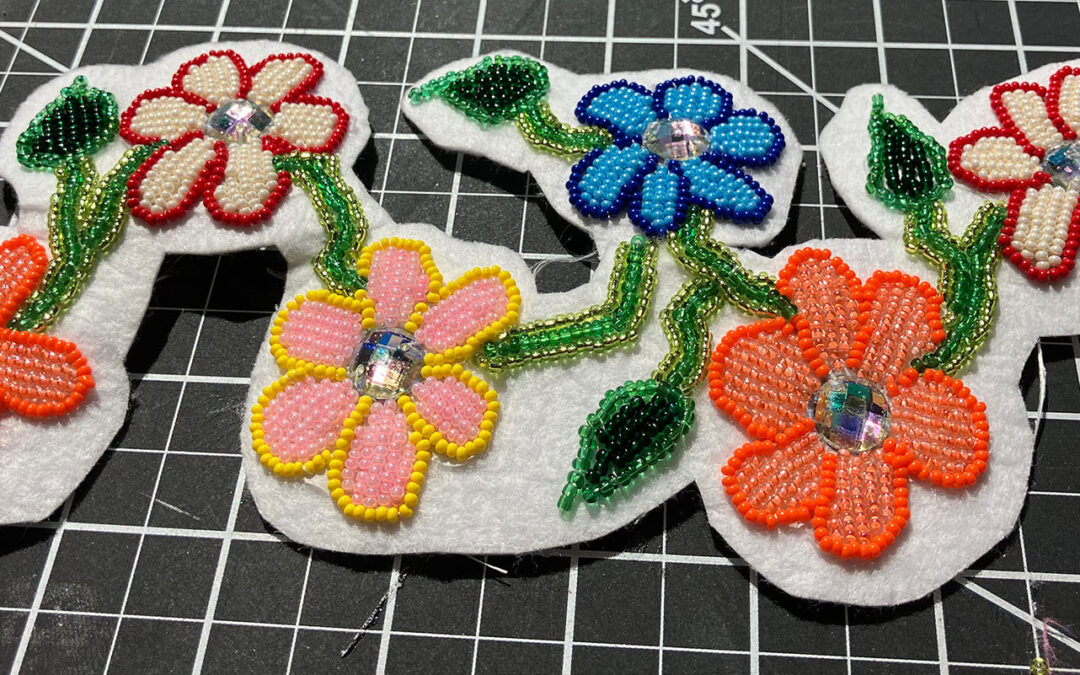
Written by Bryan Welsh, Cultural and Wellness Coordinator at Keweenaw Bay Ojibwa Community College Boozhoo, aaniin! Biinidigan! Our featured Native American artist this February is Mary Kay Shalifoe, Zhaawa nuung oo kwe (Southern Star Woman), Anishinaabe Arts adjunct...
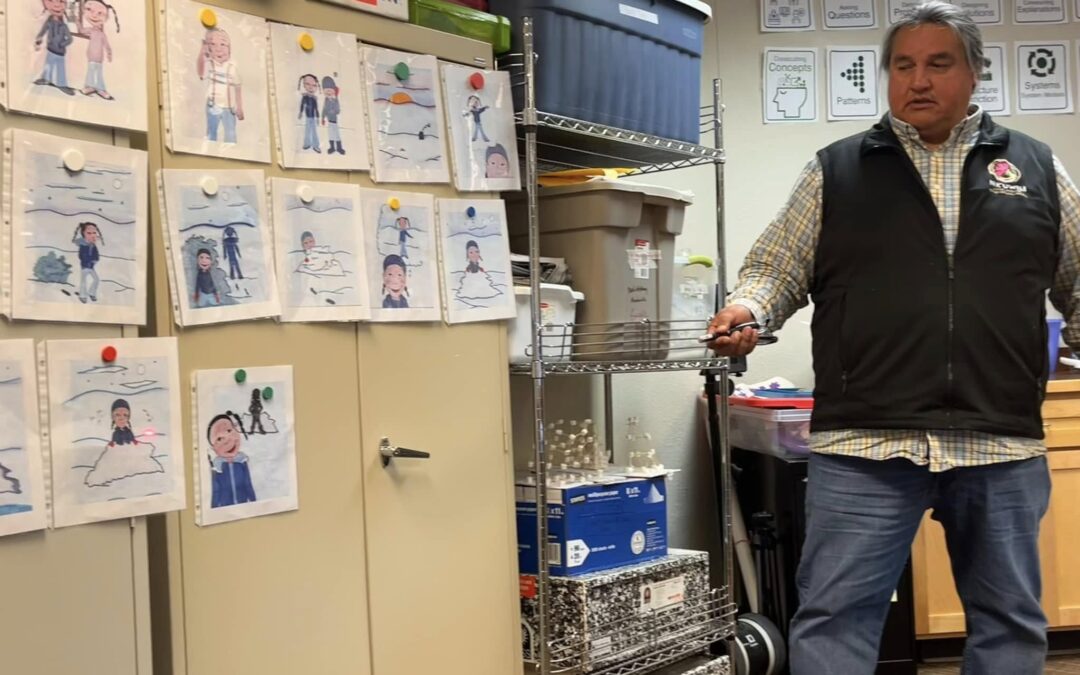
Written by Rosemary Matt, Dept. Chair-Native Language Teacher Education & Séliš-Ql̓ispé Language and Culture programs, Salish Kootenai College Steve Arca, also known as Stipi, plays a vital role in the Salish Kootenai College community, particularly in language...
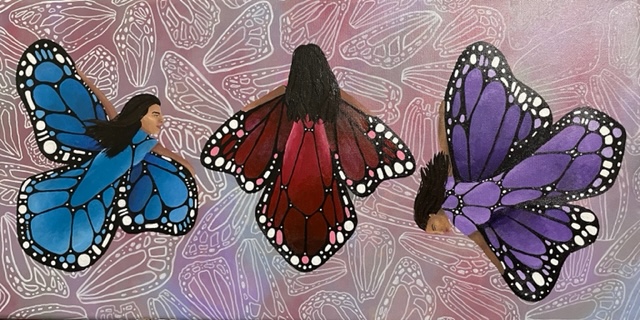
Written by Krystal Wind, Dean of Student Affairs, College of the Muscogee Nation Danielle Fixico is Chickasaw, Muscogee, and Choctaw. She is a College of the Muscogee Nation (CMN) alumna, class of 2017. She serves as faculty at CMN, teaching Art I and II, Freshman...
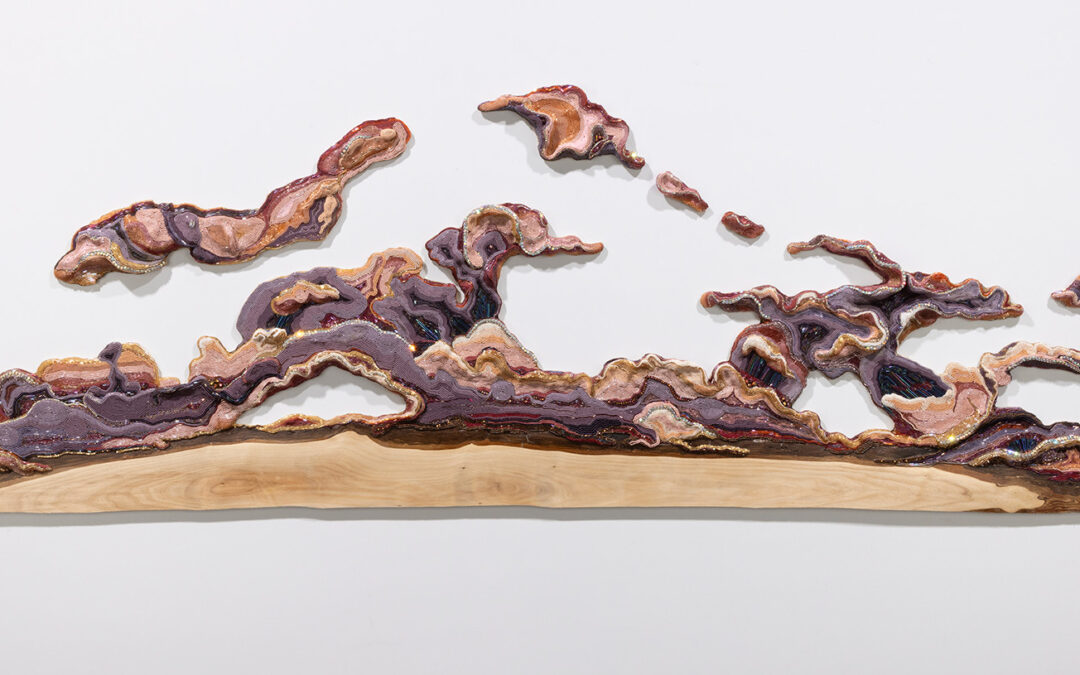
Written by Braydon Fitzpatrick, American Indian Studies Instructor, Aaniiih Nakoda College This past fall, Mona agreed to do an artist talk at Aaniiih Nakoda College (ANC), open to both ANC students and community members. ANC is dedicated to providing a platform for...
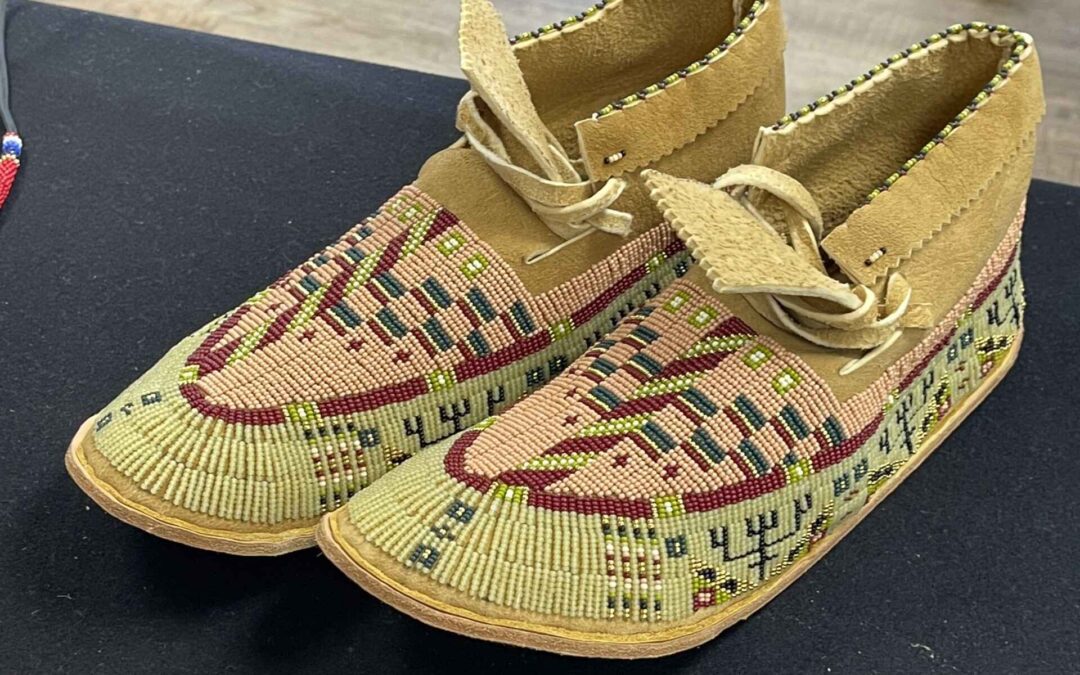
This blog from Stone Child College on Rocky Boy’s Reservation in Montana shares insights into navigating higher education and preserving Chippewa Cree culture in the modern world. It highlights the college’s dedication to fostering pride in tribal heritage, featuring an interview with art instructor John Murie, who carries forward traditional beadwork techniques and philosophies passed down through generations, emphasizing the importance of Native storytelling and cultural preservation through education and art.